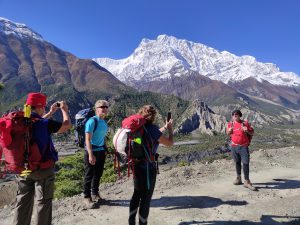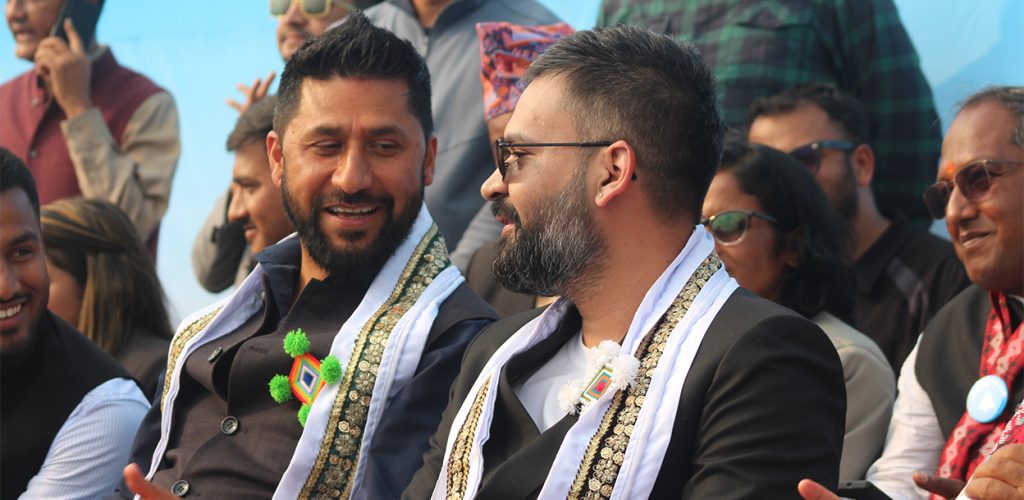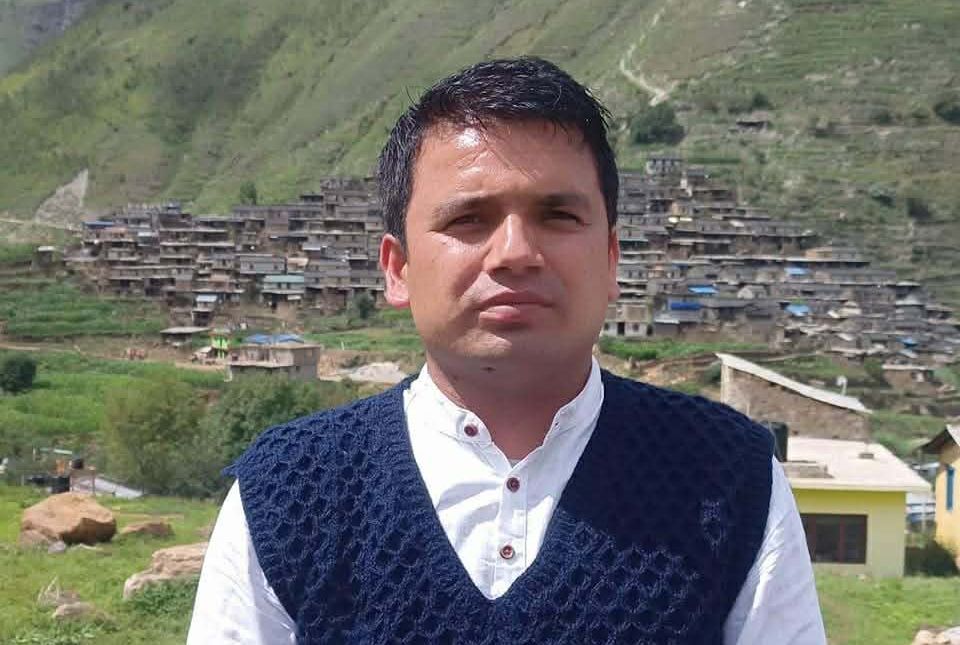
March 21 is marked as the International Day for the Elimination of Racial Discrimination every year. While many countries have already got rid of racial, ethnic and caste discrimination, Nepal is far away from that ideal. Many individuals, communities and societies in all regions still suffer from the stigma and injustice that racism brings, which is reminded by March 21 every year.
Dalits in Nepal
Dalits are still subjected to discrimination in Nepal even though the constitution is against all forms of discrimination. Dalits are subject to untouchability and caste-based atrocities in Nepal despite the social and political changes. A reigning ideology of the caste system puts Dalits on the lowest rung of the social hierarchy.
Caste discrimination is understood as discrimination based on work and descent, meaning that because of the occupation or family a person is born into, they are socially excluded, economically deprived and subject to violence and abuse. But unlike class discrimination where there is some potentiality for mobility, it this fixed by birth and perpetuated through many generations.
In a new political setting of a federal system of governance, the inclusive constitutional and legal provisions have brought Dalits to the next steps of their rights movement. Yet power relations are yet still unchanged in society. Thus, Dalits are politically underpowered, socially unequal, culturally disintegrated and economically deprived of resources. Dalits are sidelined from the socio-cultural processes. Social organisations and networks are heavily represented by non-Dalits. Only the token Dalits are included in the structures of these organisations.
Dalits, of course, are deprived of leadership positions. The same situation is also seen in political parties. The scattered Dalits in political roles are manipulated by the divide-and-rule formula of the ruling elites in the parties.
Consequently, the political leadership dominated by so-called high-caste people is reluctant to give tickets to Dalits under the first-past-the-post system either in the provincial or federal elections. All thanks to caste discrimination, the representation of Dalits is paltry in parliament and provincial assemblies.
The practices of untouchability and all forms of caste discrimination are punishable according to the constitution and act. No compromises are envisaged in the concerned laws. But it is ironic that the political leaders and law enforcement agencies are not sincere in the prosecution of crimes of untouchability and caste discrimination. The police refuse to register FIRs against untouchability and caste discrimination. This is because of the inundation of pressures by elected and power elites.
Cases in Karnali

Around 29 per cent of the population in the Karnali region comprises Dalit communities, according to the preliminary report of the National Census 2021. Hence, Karnali’s situation can be considered a representative case to reflect the status of Dalits in Nepal.
Karnali is an untouchability-ridden region where Dalits have been killed just because they touched a kitchen and married a non-Dalit girl. A tendency is still working to make survivors of untouchability and caste discrimination pre-trial compromises.
The law enforcement agencies and the concerned stakeholders focus on the compromises that are condemnable from the perspective of social justice. It seems the basis of inequality in the political representation and development process is the mindset of the political leaders and more focus on the number of votes rather than the true implementation of the constitutional provision for inclusion.
Consolidated advocacy: Need of the hour
An endeavour towards policy advocacy at different levels is the need of the hour to get rid of caste discrimination being exercised against Dalits in Nepal. It is possible through the unity of diverse Dalit sister organisations associating with diverse political parties on the issue of caste discrimination and untouchability, keeping differences aside.
The campaigns and advocacy movements within the legal policy framework hold the duty-bearers accountable for the enforcement of laws and policies of the state. Besides, it initiates a collaboration and progressive realisation against the ruins of the caste system increasing a wider constituency with political parties and social stakeholders.
Because caste discrimination is manifested in the composition of political institutions both in terms of quality and quantity, the desired change demands embracing groups of all backgrounds and characteristics so that political settings can address all citizens’ voices and reflect society as a whole. Power comes from the countryside and Dalits need to be organised to reverse undesirable conditions of humiliation and discrimination.
A world without untouchability is possible, but it needs initiative from each of us.
























